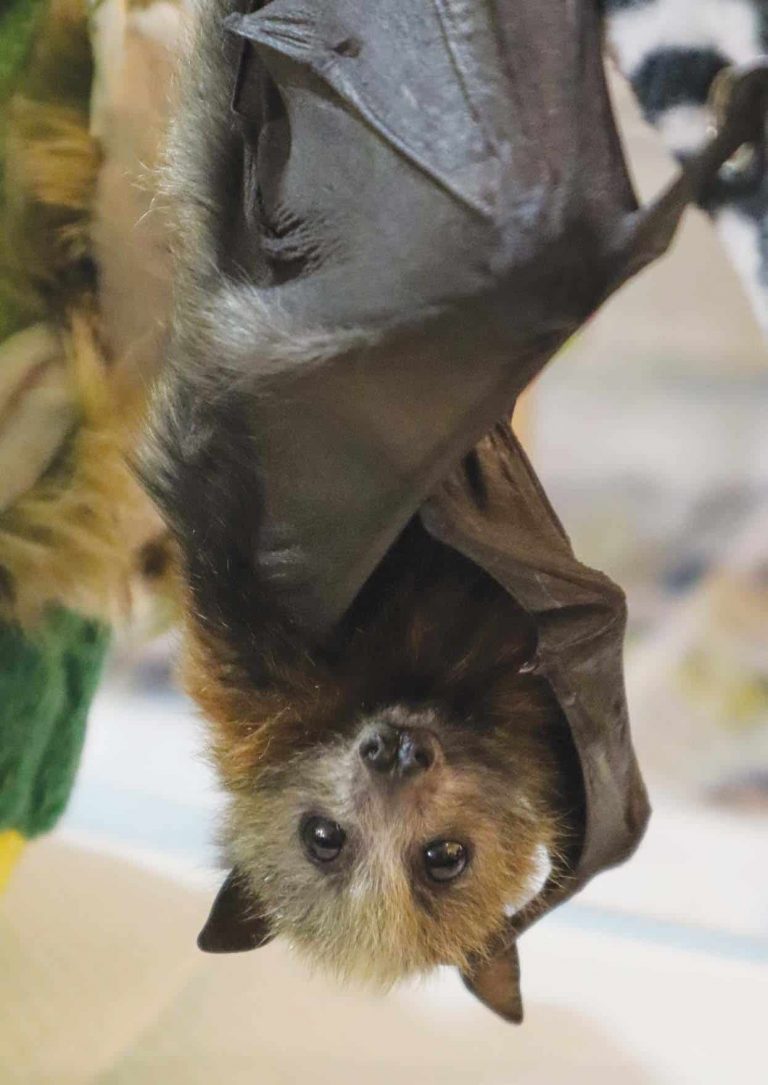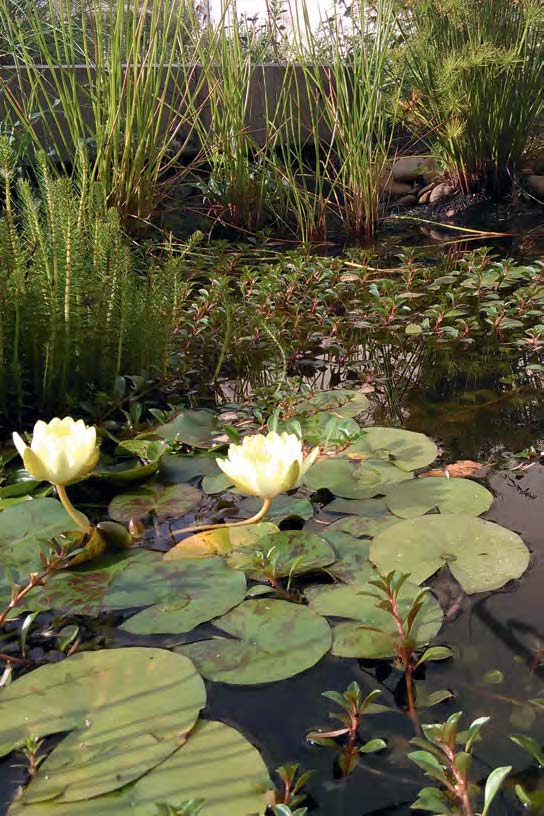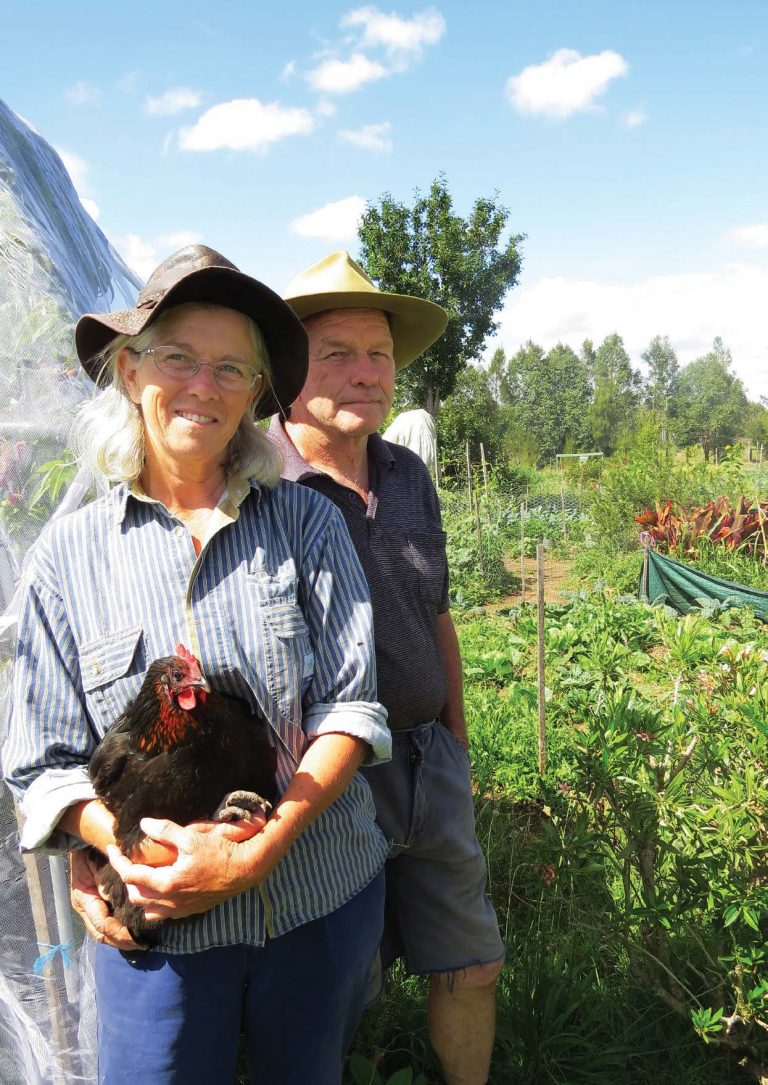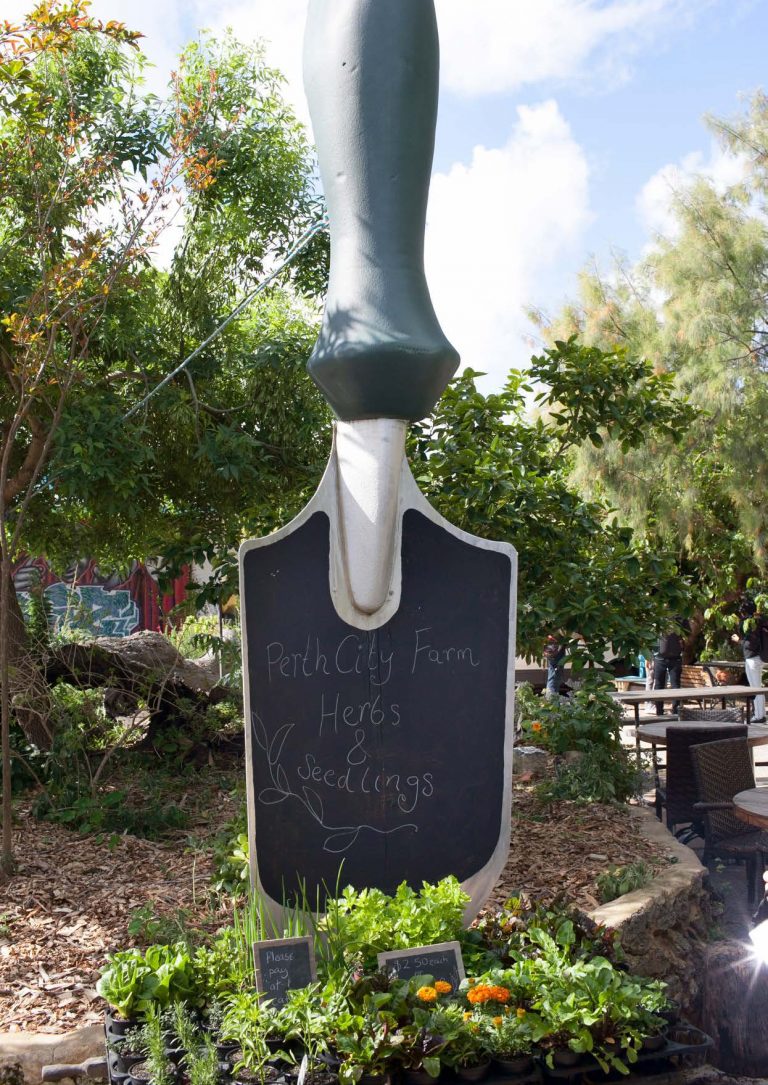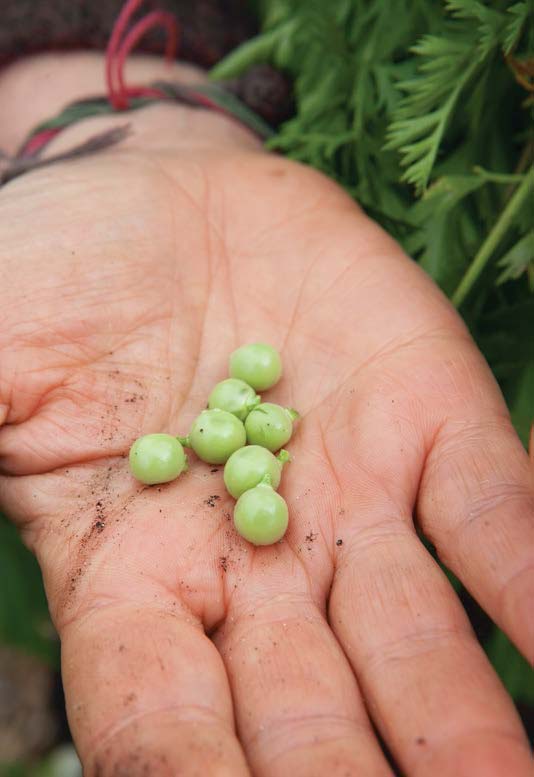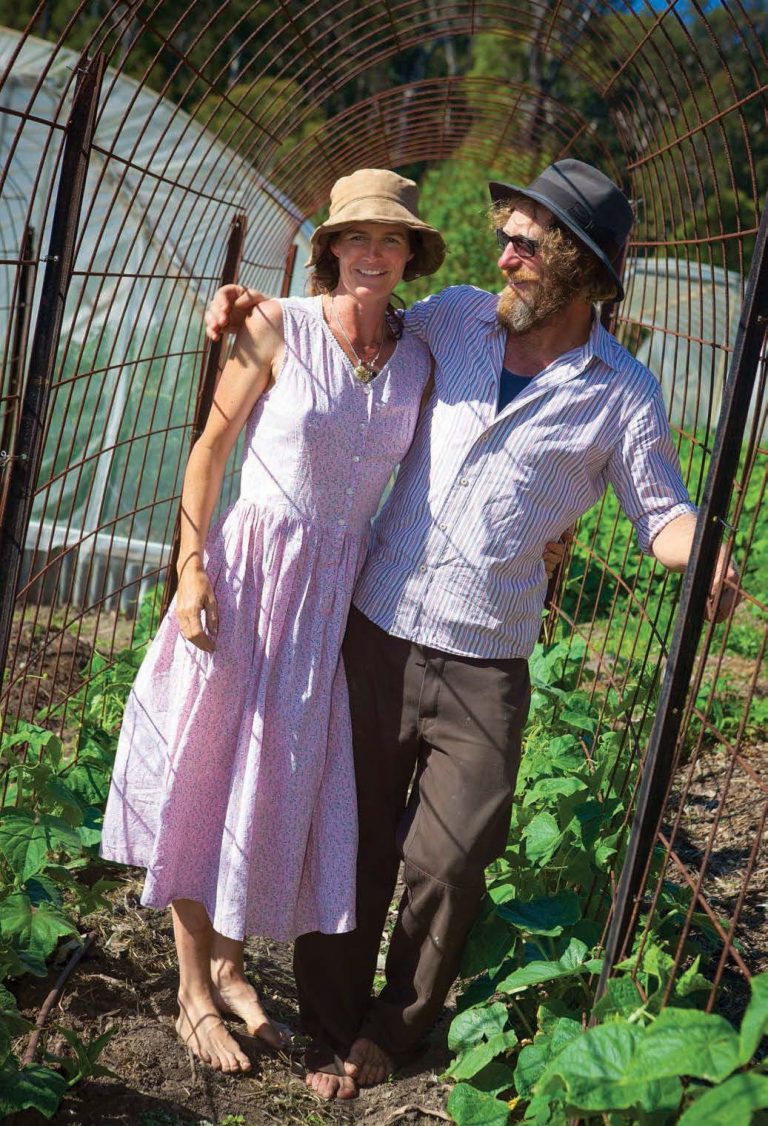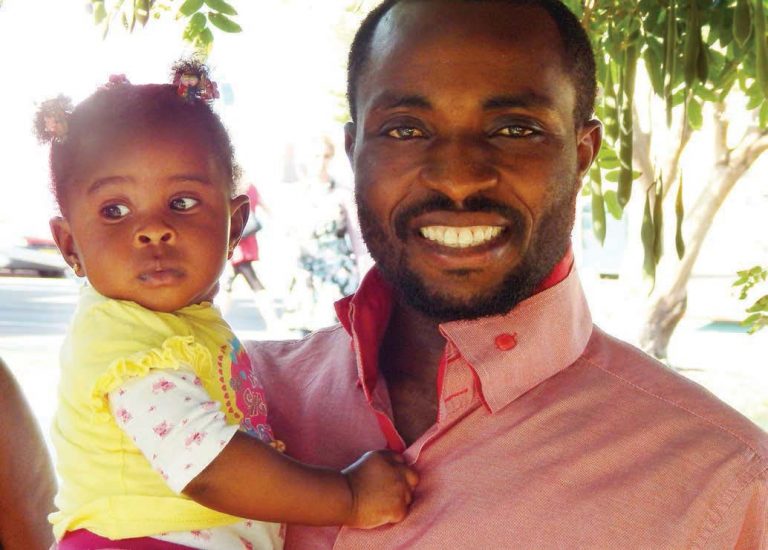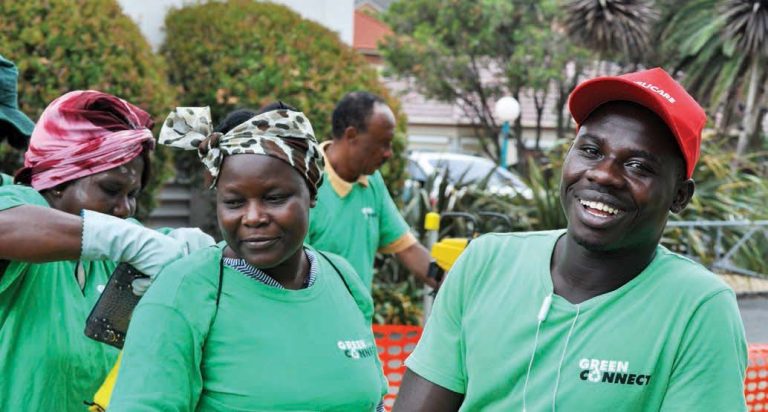GIVE AND TAKE – Take a wander through Brisbane’s thriving crop swap community.
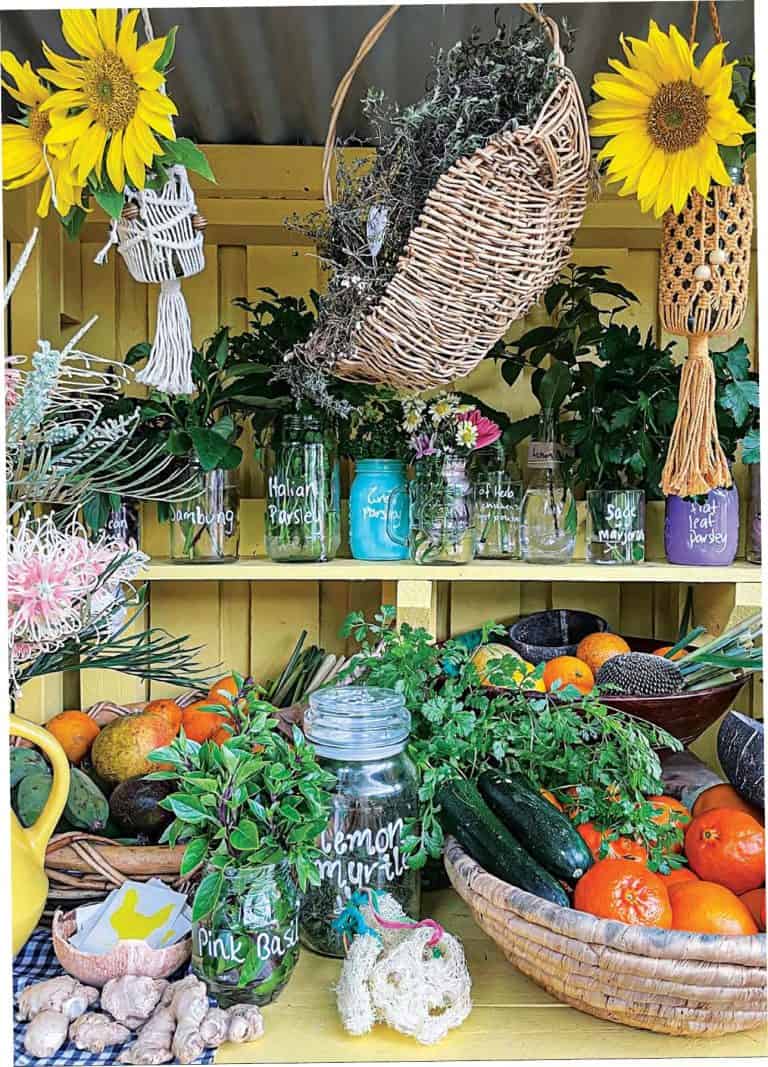
Rising living costs and broken supply chains have seen a resurgence in backyard food growing and with it, a return to local food swapping and increased community resilience.
Exchanges come in many forms. Be it a monthly crop swap at the local park, a roadside stall, mailbox seed library, skill sharing or swapping produce through social media, there are many different models in use. Whatever form it takes, the common theme is that no money changes hands. Instead it’s about exchanging homegrown produce, reducing waste, sharing local knowledge and, most importantly, fostering a sense of community.
Many people realised that growing your own food isn’t as easy as planting something one day and harvesting great produce down the track. And after spending hundreds of dollars on soil, raised garden beds and seedlings during the pandemic, only to end up with tiny tomatoes or a handful of half-eaten leafy greens, many reached out to growers in their community for advice and found it at their local edible exchange.

